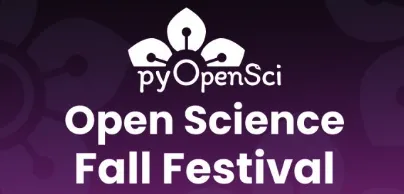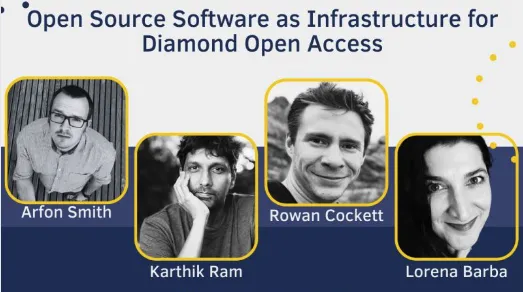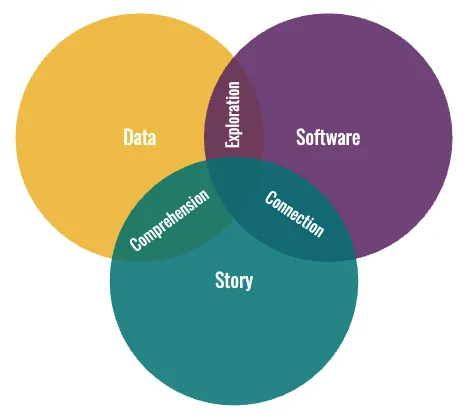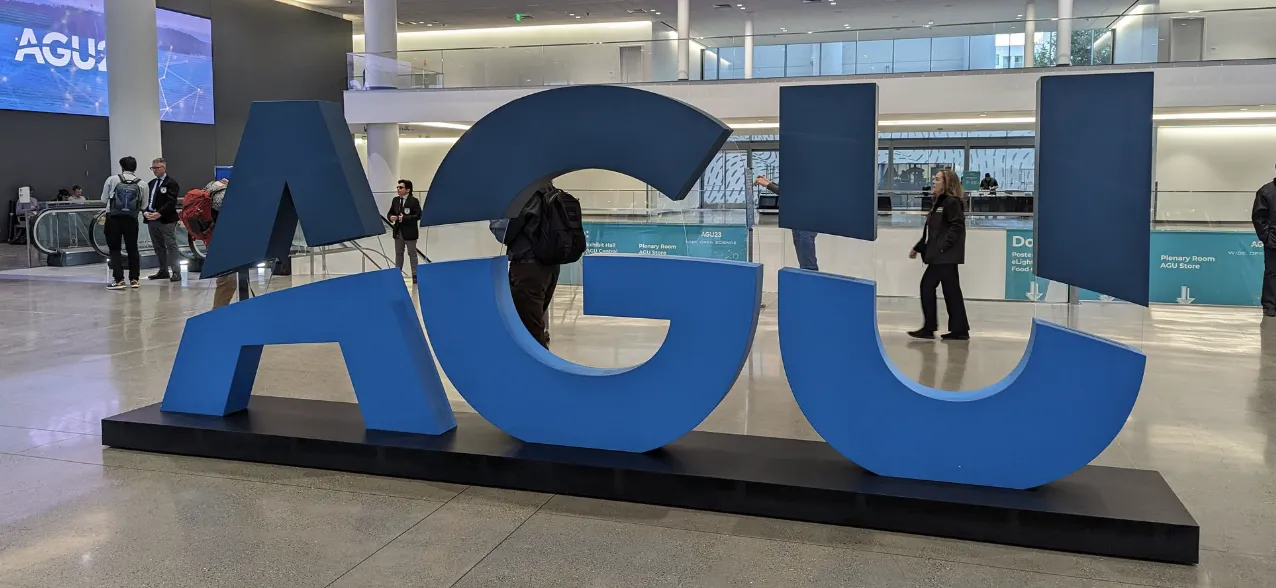Try Curvenote, Metadata Talk, Webinar!
Week of June 20, 2022
Try Curvenote¶
We’ve been putting a lot of work into website publishing via the Curvenote CLI recently and this week we launched a new service at try.curvenote.com that leverages our publishing infrastructure to let you deploy a website in less than 60 seconds!
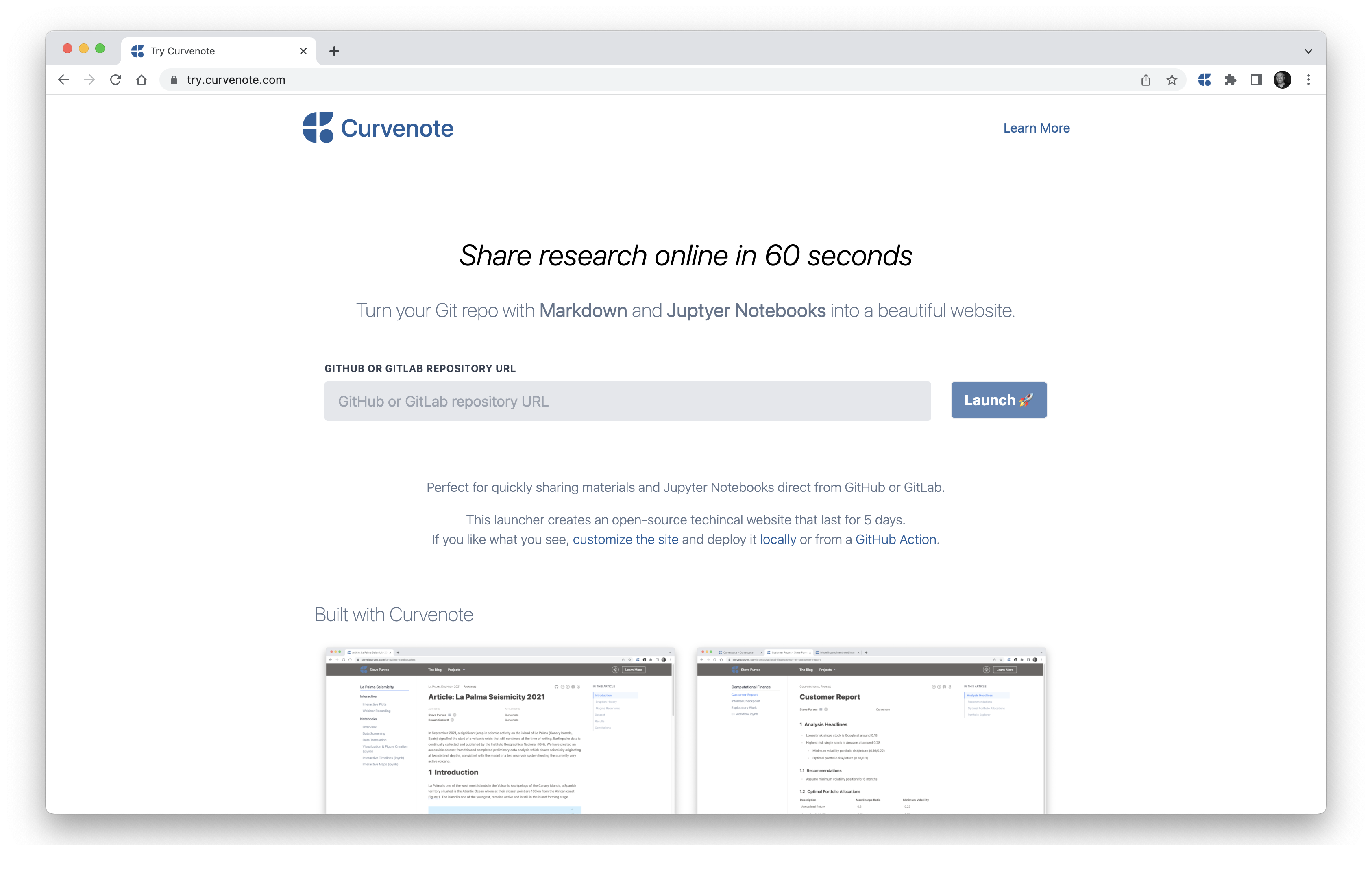
Figure 1:Share research online in 60 seconds using Curvenote.
All you need is a repository on GitHub or GitLab. The service will find any Markdown and Jupyter Notebooks it contains, and use that as content for your site. The sites are temporary and on a unique URL, making it a great way to see how your content renders before building a permanent site or as a way to quickly share some notebooks in a readable form. Give it a try!
Webinars & Talks¶
Rowan gave two talks awesome talks this week, the first of which was at our webinar “Create an Open Research Website” where he took the group through using the Curvenote CLI to create a local Markdown based authoring experience. This lets you work with local files and notebooks to customize settings, update and add content whilst having instant feedback via a preview of the website. A pretty complete initial tutorial the recording is available below (~55 mins).
The second was as part of the Research Data Alliance conference which was part of the larger International Data Week 2022 event being held in Seoul. In the talk, Rowan dives into the topic of RRIDs, RORs and shows how by incorporating those persistent id’s (PIDs) into web-based documents, it’s possible to give rich information to readers as well improving the semantic quality of the document.
Catch up with his talk below (8 mins):

